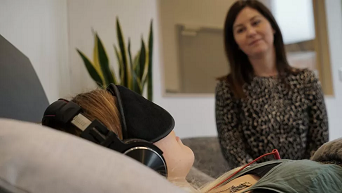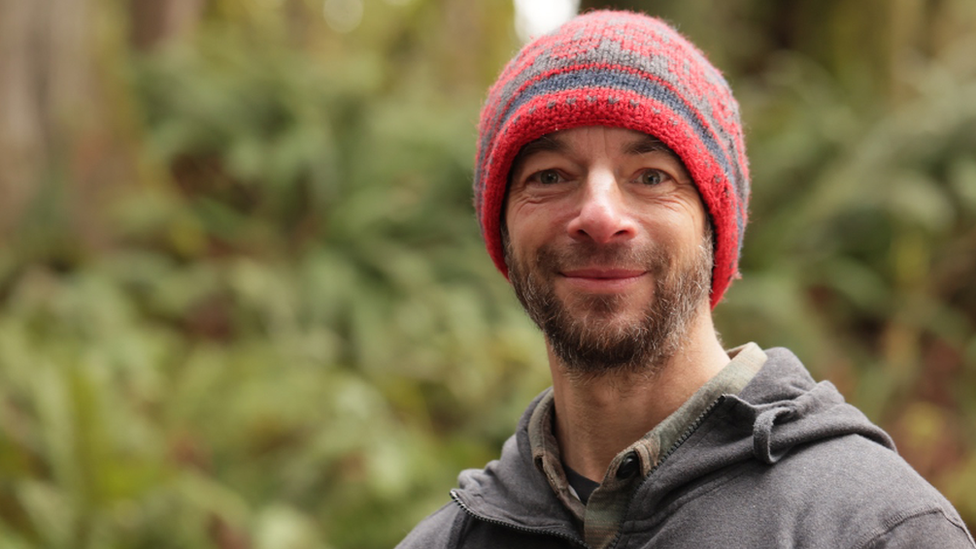What happened to UK's first ketamine-assisted clinic?

The clinic was open for less than four years
- Published
When the UK's first ketamine-assisted clinic opened in 2020, it was hailed as a pioneering treatment centre that could change the way depression and anxiety is treated globally.
The Awakn clinic was billed as "an entirely new paradigm for mental health, where we are moving from palliative care towards permanent cure", by the centre's leaders.
But less than four years later, the Bristol clinic has shut down. A year before its closure, it was awarded a "Good" rating by the CQC and had five-star reviews on Google.
We take a look at the reasons behind the closure of the clinic, which had aimed to change how people who are grappling with mental health issues were treated.
What happened at the clinic?
The clinic provided treatment to adults who had "treatment resistant depression, anxiety, post-traumatic stress disorder, mental health problems and substance and alcohol dependency".
Patients were injected with a controlled drug amount of Ketamine in a clinical setting, where people were "closely monitored throughout".
The service was registered with the CQC in November 2020 and was first inspected in 2023 and was awarded an overall rating of "Good".
Patient’s physical health - including blood pressure and heart rate - was monitored before, during and after treatment.
People were in three dedicated treatment rooms, where they remained to recover until it was deemed safe for them leave after their session.
The provider received one complaint, which resulted in full reimbursement of fees and additional double glazing being installed to block out any traffic noise.
Why did it close?
Professor David Nutt, scientific advisor to the clinic, said there were not enough private patients to keep the centre open.
Awakn Clinic charged people £6,000 for a course of low-dose treatments alongside talking therapy.
Despite the centre's "successful rate" at treating long-term depression, the Bristolian psychiatrist said the NHS was not willing to fund the clinic.
He has spent has spent more than five decades studying the impact of various drugs on the brain.
During studies at the University of Bristol and Imperial College London, he discovered that psychedelics switch off the parts of the brain that cause depression.
"A similar clinic has now been opened in London," he said. "You could call it a national clinic, it has more rooms, so the work is carrying on."
The London Clinic has been re-branded by a separate company called Klearwell. It offers ketamine-assisted therapy for conditions such as depression, post-traumatic stress disorder, anxiety, eating disorders, and drug and alcohol addiction.
Overall, the clinic's latest data shows 88% of patients see improvement in their mental health, a spokesperson added.
The NHS was approached to comment on this story.
Follow BBC Bristol on Facebook, external, X, external and Instagram, external. Send your story ideas to us on email or via WhatsApp on 0800 313 4630.
Related topics
- Published1 November 2010
- Published15 September 2023
